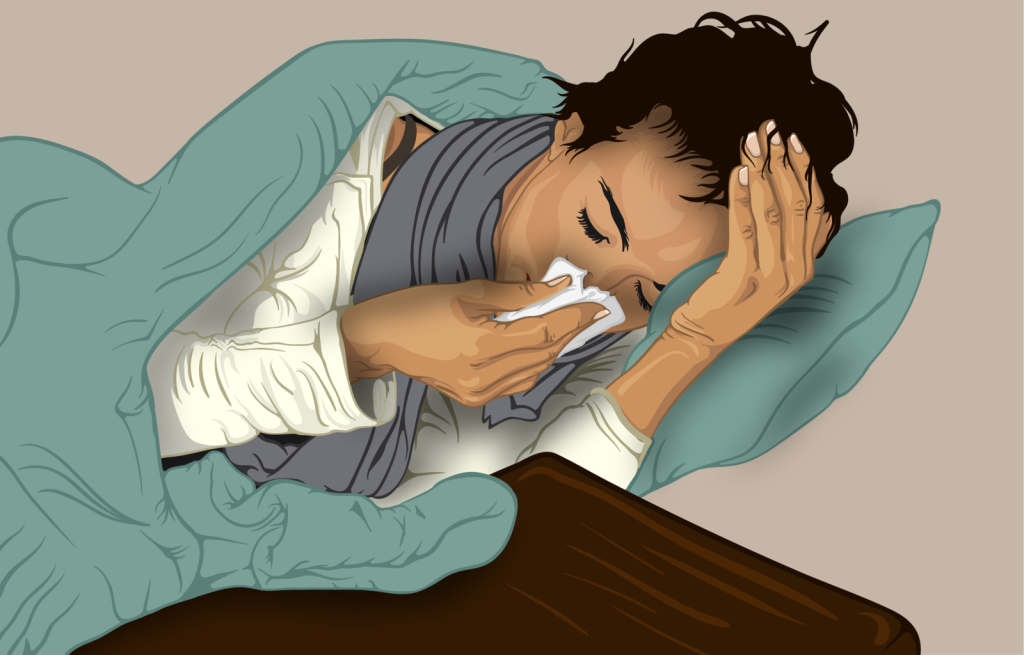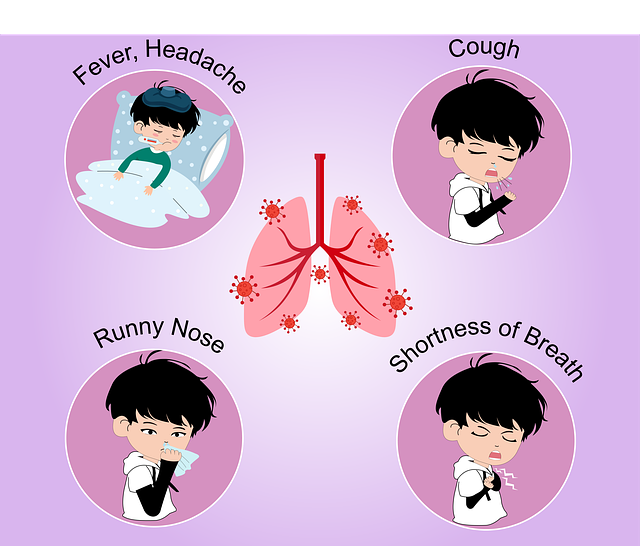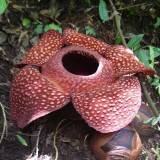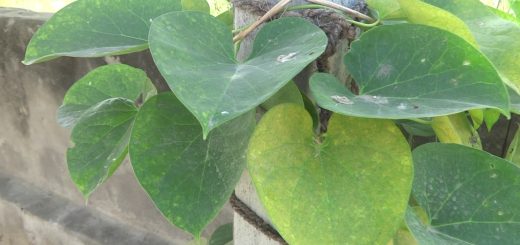Runny Nose: Causes and 10 Home Remedies to Stop It
A runny nose can be one of life’s little annoyances. It sneaks up on you, making you reach for tissues, and it often leaves you wondering, “Why won’t it stop?” Well, you’re not alone in this nasal ailments. In this article, we’ll explore the causes of a runny nose and provide you with ten effective home remedies to help put an end to it.
Table of Contents
What Causes a Runny Nose?
A runny nose can be caused by a variety of circumstances. Here are some common causes:
1. Viral Infections (Colds and Flu): One of the most common causes of a runny nose is viral infections, particularly the common cold and influenza (the flu). When you’re infected with a cold or flu virus, it invades the lining of your nasal passages and respiratory tract. In response to this invasion, your body’s immune system kicks into gear, releasing chemicals called histamines. Histamines cause the blood vessels in your nasal tissues to swell, leading to congestion and an increase in mucus production. This excess mucus flows out of your nose, resulting in a runny nose. It’s your body’s way of trying to flush out the virus.
2. Allergies: Allergic rhinitis, commonly known as allergies, can also be a significant culprit. When you have allergies, your immune system reacts strongly to harmless substances known as allergens. Pollen, dust mites, pet hair, mold spores, and certain foods are all examples of common allergies. In response to allergen exposure, your body releases histamines, which can cause a range of allergy symptoms, including a runny or stuffy nose. This response is an attempt to trap and eliminate the allergens from your nasal passages.
3. Irritants: Environmental irritants such as strong odors, cigarette smoke, chemical fumes, or air pollution can irritate the sensitive tissues in your nasal passages. In an effort to protect itself, your body increases mucus production to trap and remove these irritants. This excess mucus often leads to a runny nose as it flows out of your nostrils.
4. Weather Changes: Weather can play a role in causing a runny nose. Exposure to cold, dry air, especially during the winter months, can dry out the delicate lining of your nasal passages. This dryness can irritate your nose and stimulate it to produce more mucus as a protective mechanism. The result is a runny nose, often accompanied by congestion.
5. Medications: Surprisingly, some medications can lead to a runny nose as a side effect. Nasal decongestant sprays, for example, are meant to provide temporary relief from congestion but can cause a rebound effect. When you stop using these sprays, your nasal passages may become even more congested and runny, creating a cycle of dependency.
These are some of the primary reasons your nose might be running. While many cases of a runny nose are temporary and can be managed with home remedies or over-the-counter medications, it’s essential to consult a healthcare professional if your symptoms continue to exist become worse, or are accompanied by other troubling indicators. Understanding the cause of your runny nose is the first step toward finding effective treatment and relief.
Can I Treat a Runny Nose at Home?
Yes, you can often effectively manage a runny nose at home, especially when it’s due to common causes like a cold, allergies, or mild irritants. Below is a more in-depth explanation of how we can treat runny nose at home.
1. Stay Hydrated: Drinking plenty of fluids is a crucial step. Hydration helps to thin the mucus in your nasal passages, making it easier to expel and relieving congestion. Opt for water, herbal teas, and broths to keep your body well-hydrated.
2. Steam Inhalation: Inhaling steam can help soothe irritated nasal passages and reduce congestion. You can do this by filling a bowl with hot water, leaning over it with a towel draped over your head, and breathing in the steam. Adding a drop or two of essential oil like eucalyptus or peppermint can enhance the soothing effect.
3. Saline Nasal Rinse: A saline nasal rinse involves flushing out your nasal passages with a saltwater solution. It helps remove irritants, allergens, and excess mucus, providing relief. You can use a saline nasal spray or a neti pot for this purpose.
4. Warm Compress: Applying a warm compress (a clean, warm, damp cloth) to your forehead and nose can ease congestion and relieve discomfort. It helps by increasing blood flow and reducing inflammation.
5. Ginger Tea: Ginger is a natural anti-inflammatory. When you have a runny nose, your nasal passages are likely inflamed, which can make the problem worse. Ginger’s anti-inflammatory properties can help reduce this inflammation, allowing your nose to calm down and produce less mucus. To make ginger tea, you can simply slice fresh ginger root, steep it in hot water for a few minutes, and add honey and lemon for extra flavor and soothing properties. The warm, fragrant tea can help alleviate congestion, reduce mucus production, and provide relief from the discomfort of a runny nose.
6. Honey and Lemon: Mixing honey and lemon in warm water is a traditional remedy for a runny nose. Honey soothes a sore throat, while lemon provides vitamin C and helps reduce mucus production.
7. Humidifier: Using a humidifier in your bedroom adds moisture to the air, preventing dryness that can trigger or worsen a runny nose, especially during the winter months.
8. Nasal Strips: Over-the-counter nasal strips can help open up your nasal passages, allowing for easier breathing and reducing congestion. They are particularly useful when dealing with nighttime congestion.
9. Spicy Foods: Eating spicy foods like chili peppers or horseradish can temporarily clear nasal passages by stimulating mucus production and increasing blood flow to the nose.
10. Rest: Lastly, don’t underestimate the power of rest. Adequate sleep and rest allow your body to recover from infections and irritation more effectively.
Remember, these home remedies can be quite effective for managing a runny nose caused by common conditions. However, if your symptoms persist, worsen, or are accompanied by concerning signs like high fever or severe headache, it’s essential to consult a healthcare professional. In the meantime, these home remedies can offer much-needed relief from the discomfort of a runny nose.
When Should I See a Doctor?
While these home remedies can provide relief, it’s essential to consult a healthcare professional if:
- Your symptoms persist or worsen.
- You experience additional concerning symptoms like high fever or severe headache.
- You notice blood in your mucus.
A doctor can help diagnose the underlying cause of your runny nose and provide appropriate treatment.
In conclusion, a runny nose may be a common annoyance, but it doesn’t have to ruin your day. By understanding its causes and utilizing these home remedies, you can find relief and get back to enjoying life drip-free. Remember, if your symptoms persist or worsen, it’s always wise to seek medical advice.





















